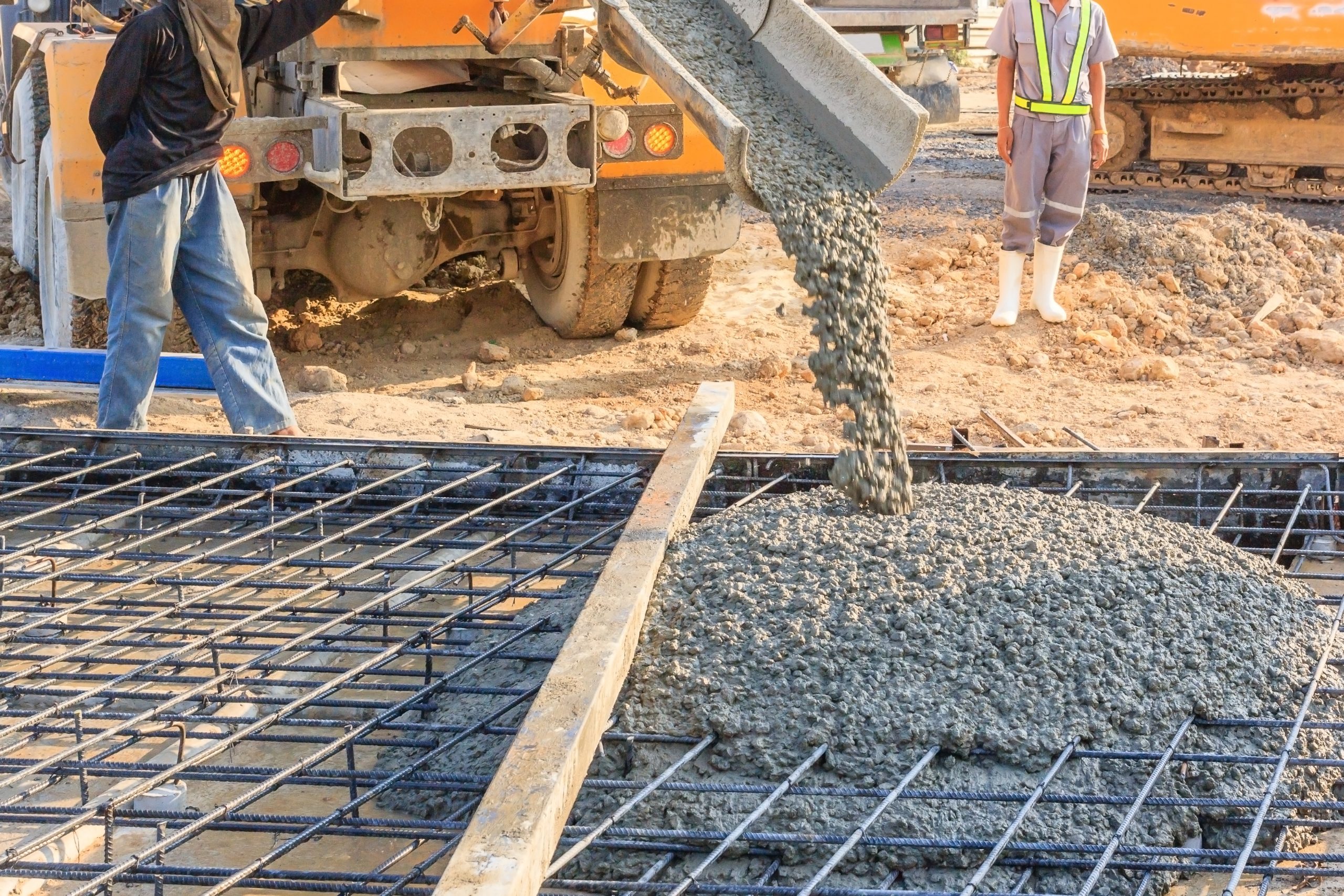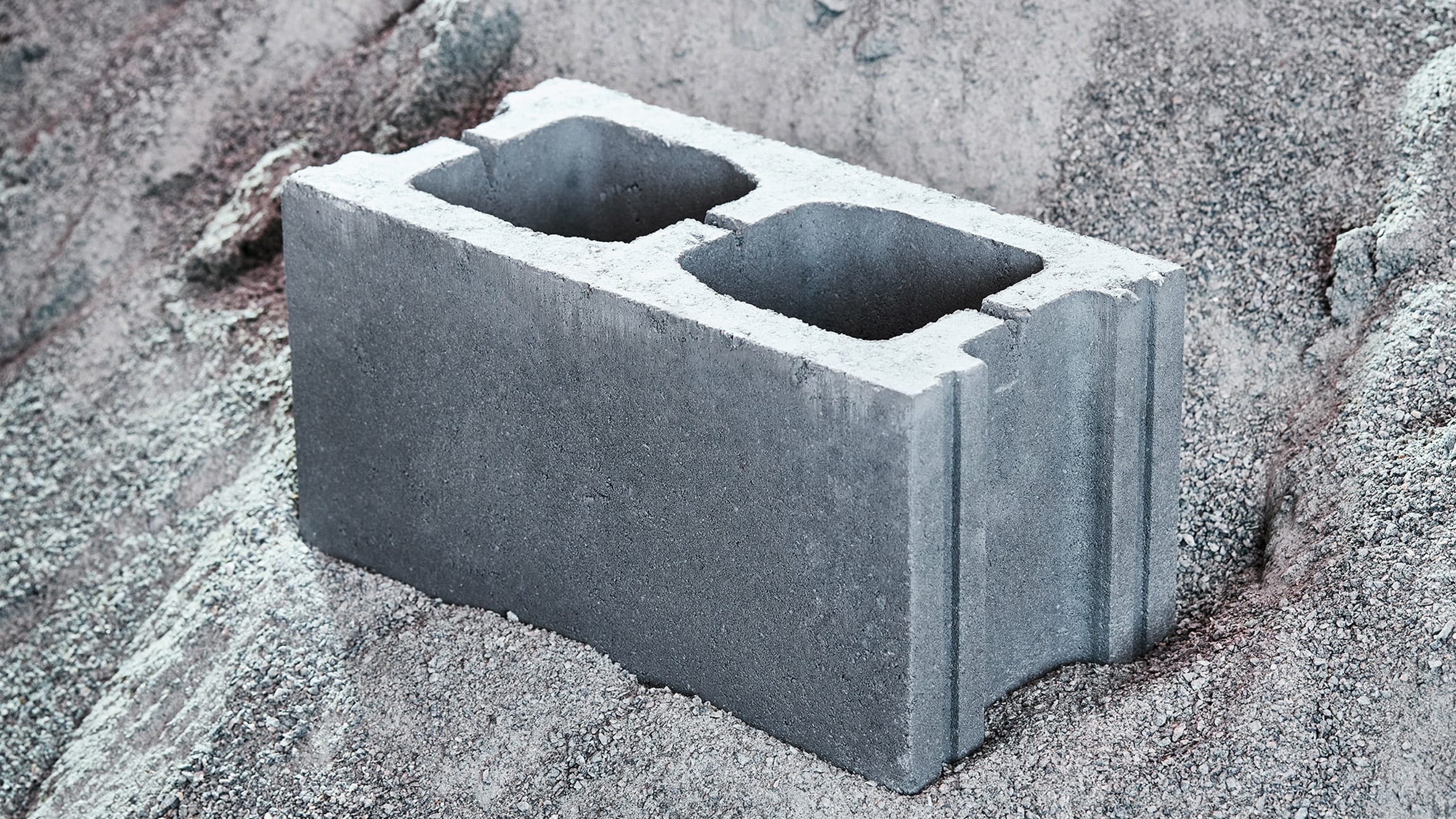Economical Concrete Solutions: High Quality Handiwork at Competitive Rates
Economical Concrete Solutions: High Quality Handiwork at Competitive Rates
Blog Article
Revealing the Eco-Friendly Advantages of Using Recycled Concrete in Sustainable Construction Practices
In the world of sustainable construction methods, the use of recycled concrete stands as a pivotal yet frequently underestimated resource. Beyond its traditional applications, recycled concrete deals a myriad of environmentally friendly advantages that expand far beyond the boundaries of typical building materials.
Environmental Benefits
Undoubtedly, among the most substantial advantages of making use of recycled concrete is its favorable impact on the atmosphere. By incorporating recycled concrete into building and construction techniques, there is a significant decrease in the demand for new basic materials, resulting in conservation of natural deposits. This procedure aids in protecting accumulations, water, and energy that would certainly have been used in producing new concrete. In addition, the use of recycled concrete diminishes the quantity of waste being sent to garbage dumps, consequently minimizing environmental air pollution and relieving the strain on landfill abilities.

Additionally, the production of conventional concrete is a significant source of carbon emissions as a result of the energy-intensive procedure of concrete manufacturing. On the other hand, recycled concrete has a lower carbon footprint as it reduces the demand for new concrete production. This decline in carbon emissions adds to mitigating climate modification and supports lasting building and construction practices. On the whole, the ecological benefits of utilizing recycled concrete are considerable and play a critical function in promoting environment-friendly building and construction techniques.
Cost-Efficiency
Attaining cost-efficiency is a critical consideration when evaluating the application of recycled concrete in building jobs. One of the key advantages of making use of recycled concrete is its cost-effectiveness contrasted to conventional concrete.
Furthermore, using recycled concrete can result in financial savings in garbage dump expenses by diverting concrete waste from disposal sites. This not just minimizes the ecological influence yet additionally eliminates the expenses related to waste removal. Moreover, the resilience and performance of recycled concrete are equivalent to standard concrete, making certain that price financial savings do not endanger the quality of the construction.
Resilience and Stamina
Thinking about the significant cost-efficiency benefits of making use of recycled concrete, it is imperative to examine its sturdiness and stamina in construction applications. Recycled concrete deals equivalent, if not superior, durability and toughness buildings to conventional concrete. With developments in handling strategies and quality control, recycled concrete can satisfy or surpass the performance requirements of traditional concrete. The procedure of recycling concrete includes crushing, arranging, and screening old concrete to generate accumulations that can be utilized in brand-new building and construction tasks. These recycled accumulations can giving satisfying compressive strength, longevity, and lasting performance.

Waste Reduction
Reliable waste reduction methods play a critical role in the sustainable application of resources within the building market. Waste decrease is a key benefit that adds considerably to environmental conservation when it comes to utilizing recycled concrete. Typical building and construction methods commonly create significant quantities of waste, specifically in the form of concrete rubble from demolition sites. By integrating recycled concrete right into building jobs, this waste is repurposed and drawn away from land fills, decreasing the general environmental effect of construction activities.
Recycled concrete not only aids in decreasing the quantity of waste that winds up in landfills but additionally conserves all-natural resources by lowering the demand for brand-new aggregate materials. This procedure of waste decrease promotes a circular economic situation within the building industry, where products are reused and reused to create a much more lasting industry. Additionally, the use of recycled concrete Discover More can result in cost financial savings for construction jobs, as it is frequently extra budget-friendly than sourcing and delivering new materials. Finally, waste decrease with the use of recycled concrete is my link an essential component of sustainable building practices that benefits both the environment and the building market as a whole.
Energy Preservation
Power preservation is an essential element of sustainable building and construction techniques, intending to minimize the total power intake linked with building procedures and products manufacturing. When it comes to using recycled concrete in building, significant energy financial savings are attained compared to standard concrete production. The process of creating recycled concrete entails reusing and squashing existing concrete materials, which takes in less energy than mining, handling, and carrying resources for new concrete manufacturing. Additionally, the use of recycled concrete can assist decrease the demand for virgin aggregate, additional reducing the energy-intensive extraction and processing of all-natural resources.
Conclusion
To conclude, the utilization of recycled concrete in sustainable building practices offers countless environmental benefits, cost-efficiency, resilience, toughness, waste reduction, and energy preservation. By integrating recycled concrete into building and construction jobs, we find out can contribute to a much more lasting and eco pleasant future. It is necessary for the building industry to prioritize making use of recycled materials to help in reducing the environmental influence of construction tasks.
One of the crucial advantages of making use of recycled concrete is its cost-effectiveness contrasted to conventional concrete.In addition, the usage of recycled concrete can lead to financial savings in land fill prices by diverting concrete waste from disposal sites. The durability and efficiency of recycled concrete are comparable to conventional concrete, ensuring that expense financial savings do not compromise the high quality of the building.

Report this page